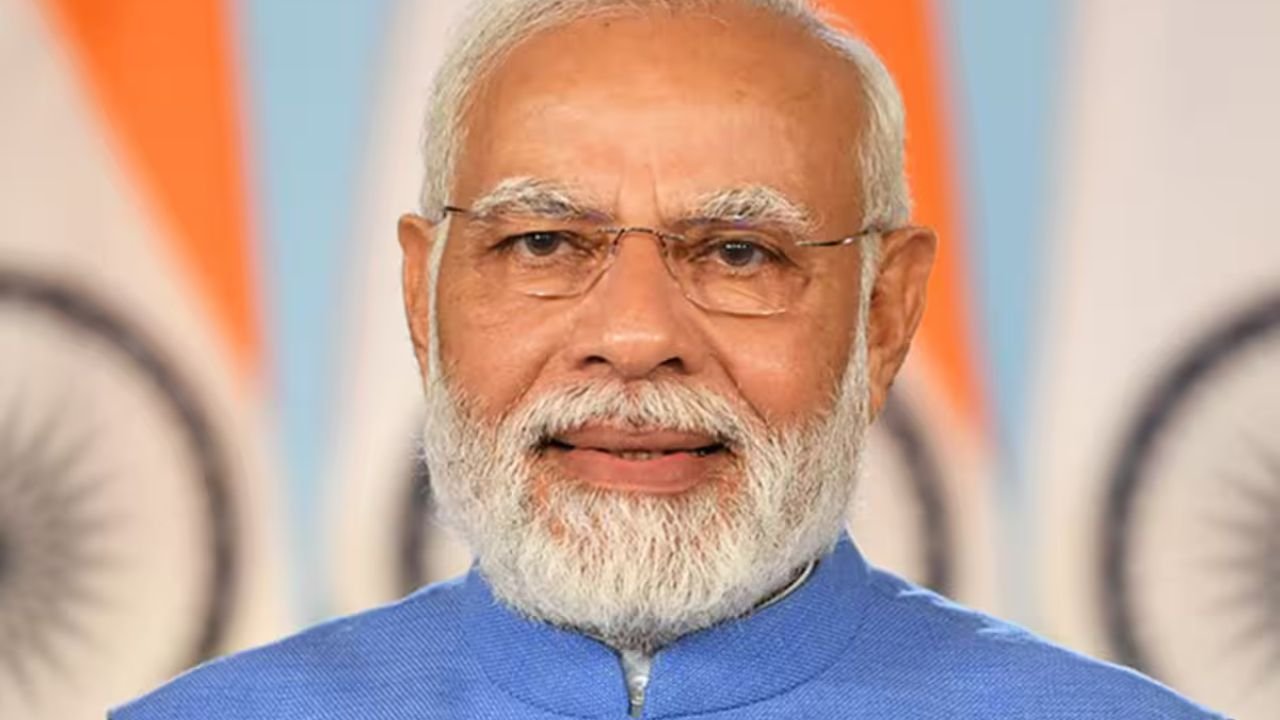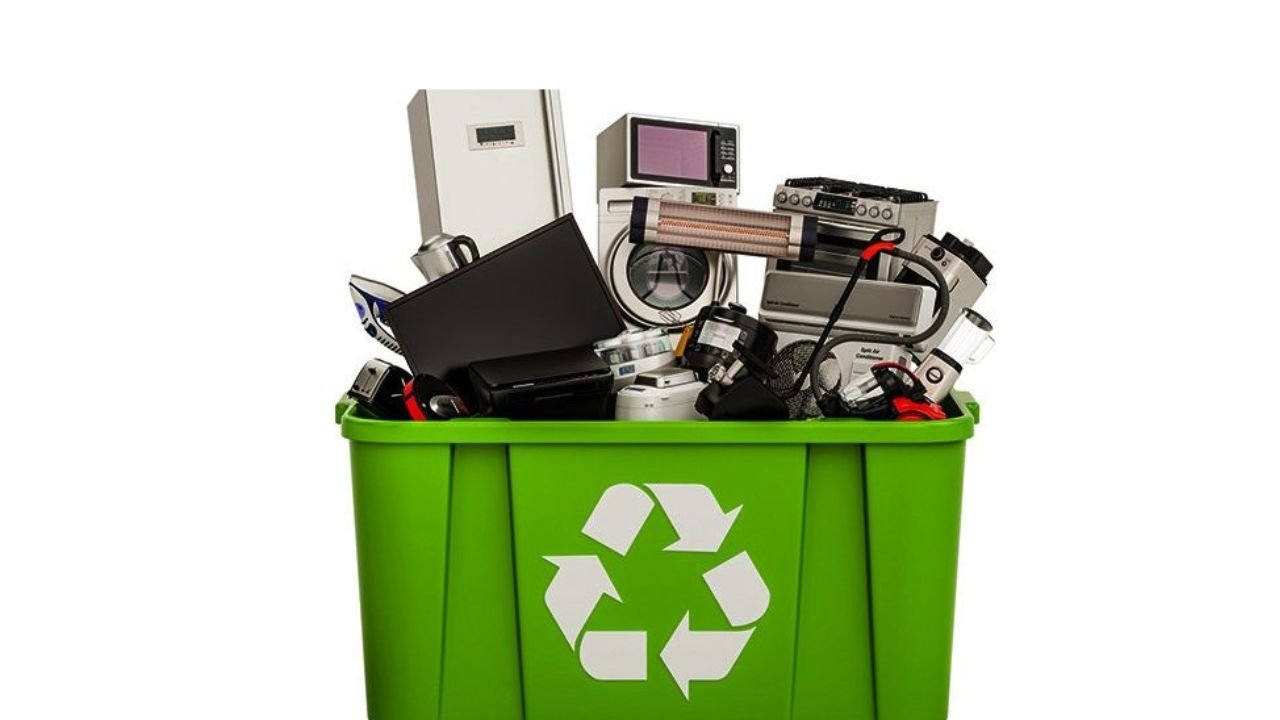In a powerful display of national commitment to youth empowerment and employment, India witnessed another landmark event today. Prime Minister Narendra Modi, through the marvel of video-conferencing, personally initiated the distribution of over 51,000 appointment letters to newly recruited individuals across the country. This significant occasion marked the 17th edition of the Rozgar Mela, a flagship initiative that has become a recurring festival of opportunity for the nation’s aspiring youth. More than just a recruitment drive, the Rozgar Mela stands as a testament to the government’s focused efforts on creating a robust ecosystem for public service and channeling the immense potential of its young citizens into nation-building. The event, held simultaneously across 37 locations, resonated with the dreams and aspirations of thousands of families, promising not just jobs, but a future of stability, dignity, and a chance to contribute directly to India’s growth story.
A Landmark Day: The Impact and Scale of the 17th Rozgar Mela
The scale of today’s Rozgar Mela was nothing short of monumental. In a seamlessly coordinated effort, the virtual presence of Prime Minister Modi connected with 37 centers spread across the diverse geography of India, from the Himalayan north to the coastal south. This pan-India approach ensures that the wave of opportunity touches every corner of the nation, reinforcing the principle of inclusive development. The distribution of over 51,000 appointment letters in a single day is a significant administrative achievement, symbolizing a government that is proactive, transparent, and dedicated to fulfilling its promises. These new recruits are set to join a wide array of central government departments and organizations, filling crucial roles that are vital for effective governance and public service delivery.
The appointments span across numerous key ministries, highlighting the comprehensive nature of this employment initiative. The new appointees will be integrated into vital sectors such as the Department of Revenue, the Ministry of Home Affairs, the Department of Higher Education, the Department of School Education and Literacy, and the Department of Financial Services. Furthermore, crucial ministries like the Ministry of Defence, the Ministry of Health and Family Welfare, and the Ministry of Labour and Employment will also be bolstered by this infusion of fresh talent. The diversity of roles is equally impressive, ranging from Probationary Officers in banks and Income Tax Inspectors to Head Constables in security forces, Assistant Section Officers in administrative roles, Lower Division Clerks, Multi-Tasking Staff, and the ubiquitous Gramin Dak Sevaks who form the backbone of India’s last-mile postal network. This wide spectrum of opportunities ensures that individuals with varied educational qualifications and skill sets find their rightful place in the service of the nation. In his address, the Prime Minister often emphasizes a key message, which was echoed in the spirit of the event: “This appointment is not merely an employment opportunity, but a sacred responsibility to serve the 140 crore people of India with utmost dedication and integrity.” This powerful sentiment transforms a job letter into a call to duty, inspiring the new recruits to become exemplary ‘Karmayogis’.
The Architects of Progress: Leaders, Beneficiaries, and Organizers
Behind the success of every Rozgar Mela is a clear vision driven from the highest level of leadership. Prime Minister Narendra Modi’s personal involvement and consistent focus on employment generation have been the primary catalysts for this initiative. The regular organization of the Rozgar Mela demonstrates a sustained commitment that goes beyond mere announcements, translating promises into tangible, life-changing outcomes for the youth. This leadership provides the momentum and direction for the entire government machinery to work in a mission mode, prioritizing transparent and time-bound recruitment processes.
However, the true heart of this success story lies with the over 51,000 young men and women who received their appointment letters. These are the faces of a new, aspirational India. They come from diverse socio-economic backgrounds, from bustling cities and remote villages, each with a unique story of struggle, perseverance, and triumph. For many, this government job is the culmination of years of hard work, late-night studies, and unwavering family support. It represents not just personal achievement, but a significant uplift for their entire family, offering financial security and immense social pride. This appointment is a gateway to a better life and a platform to realize their potential while serving the country. The joy and relief on the faces of these recruits and their parents, witnessed across the 37 venues, tell a powerful story of dreams being fulfilled.
The seamless execution of such a large-scale, nationwide event is also a testament to the unsung heroes – the countless government officials and organizers who worked tirelessly behind the scenes. Coordinating across multiple ministries and 37 different locations, ensuring technological infrastructure for the virtual address, and managing the logistics for thousands of participants is a mammoth task. Their dedication and efficiency are what make the Rozgar Mela a resounding success each time, showcasing a government that is capable of delivering on its commitments with precision and scale.
Fueling India’s Growth Engine: The Broader National Influence
The Rozgar Mela initiative is far more than an employment program; it is a strategic component of India’s broader national development goals. By filling vacancies in a systematic manner, the government is strengthening its administrative capacity, which is essential for the efficient implementation of public welfare schemes and for improving the ease of living for every citizen. A well-staffed, motivated, and youthful bureaucracy is the engine that drives a nation’s progress, and this initiative directly fuels that engine. Each new recruit contributes to a more responsive and effective governance structure, accelerating the journey towards a ‘Viksit Bharat’ (Developed India).
A key and often overlooked aspect of the Rozgar Mela is its integration with the government’s skilling and capacity-building agenda. New appointees are not just handed their letters; they are onboarded through the ‘Karmayogi Prarambh’ module. This is an online orientation course available on the iGOT Karmayogi portal, where recruits can access over 800 e-learning courses. This platform is a significant step towards professionalizing the civil services at all levels. It equips the new employees with the ethics, values, and skills required for modern governance, aligning with the principles of ‘Mission Karmayogi’. This synergy between recruitment and training ensures that the new generation of government employees is tech-savvy, citizen-centric, and ready to contribute effectively from day one. This model of human resource development is a powerful example of how the Rozgar Mela is contributing to building a future-ready India. The trend of large-scale job fairs is also gaining traction at the state level, with governments like that of Maharashtra recently organizing a ‘Maharojgar Melava’ to provide thousands of jobs to its youth, demonstrating a shared national priority.
A Brighter Tomorrow: The Future Outlook
With the successful conclusion of the 17th Rozgar Mela, the path forward looks even more promising. This initiative is not a temporary measure but a sustained, long-term strategy to address the aspirations of India’s demographic dividend. The government has expressed its commitment to providing 10 lakh (one million) government jobs, and each Rozgar Mela is a significant stride towards that monumental goal. The regularity and predictability of these events have created a positive and hopeful environment among job aspirants. They can now see a clear, merit-based pathway to public service, motivating them to prepare with renewed vigour and confidence.
The long-term vision is to create a generation of public servants who are not just employees but ‘Karmayogis’ – dedicated individuals who see their work as a service to the nation. By instilling this sense of purpose from the very beginning, through platforms like Karmayogi Prarambh, the initiative aims to fundamentally transform the work culture within the government. These young recruits, armed with modern skills and a deep sense of national pride, will be the architects of India in 2047. They will be at the forefront of implementing policies, driving innovation in public services, and ensuring that the fruits of development reach the last person in the last mile. The Rozgar Mela is, therefore, an investment in the future of India’s governance, promising a more efficient, transparent, and citizen-friendly administration for decades to come.
UPI Payments Hit All-Time Record During Diwali Season
In conclusion, the 17th Rozgar Mela stands as a powerful and inspiring chapter in India’s journey of progress. It is a story not just of numbers, but of 51,000 individual dreams taking flight. By providing secure and meaningful employment, the initiative empowers the youth, strengthens families, and invigorates the machinery of the government. This consistent and large-scale effort, led by Prime Minister Narendra Modi, sends a clear message of hope and opportunity across the nation. It reaffirms the belief that with dedication, transparency, and a clear vision, India is steadfastly moving towards a future where every young citizen has the chance to contribute to and share in the nation’s prosperity. This is a story of positive change, a celebration of new beginnings, and a firm step towards building the India of tomorrow.






